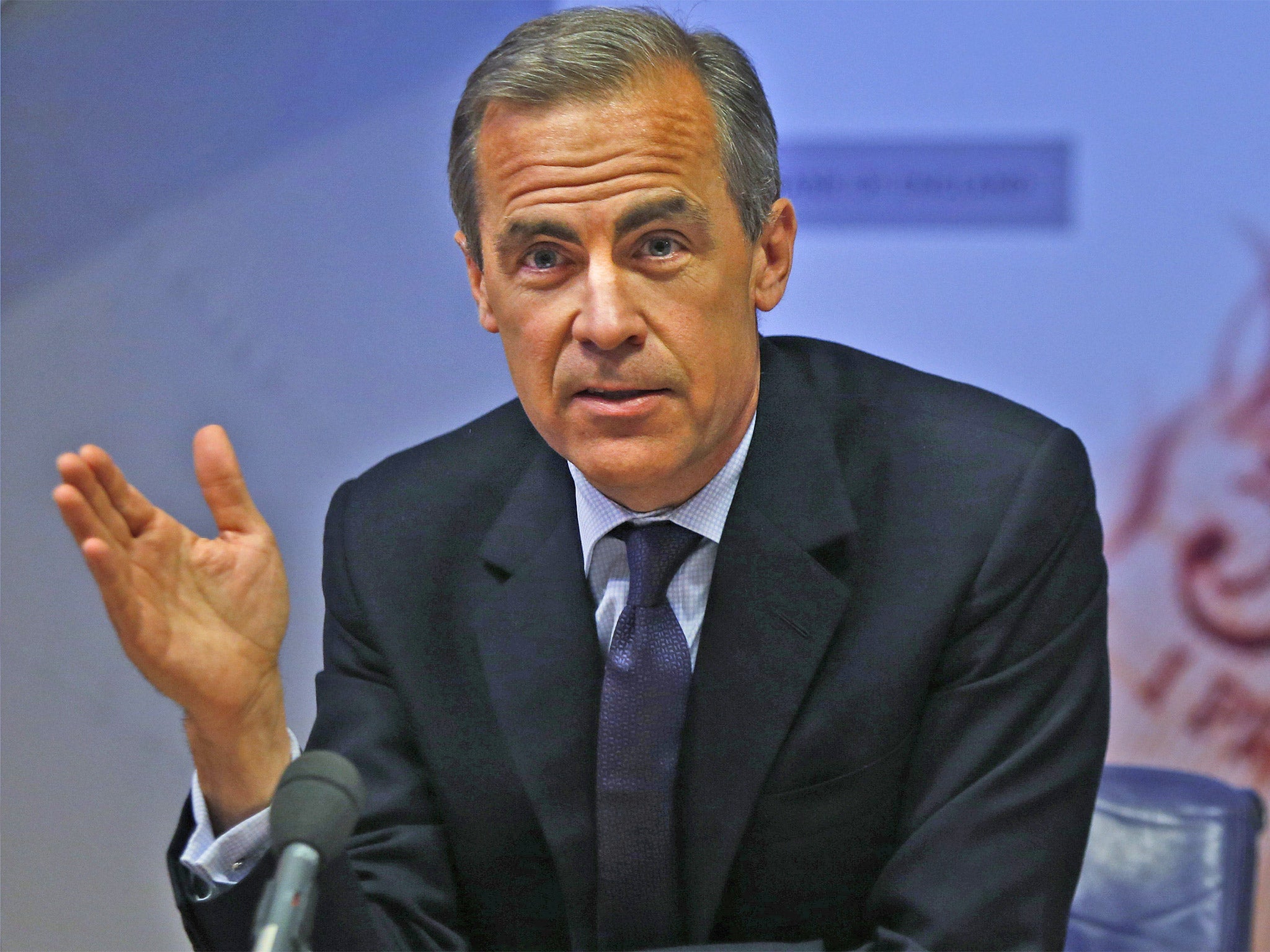EU referendum: Bank of England warns Brexit could cause pound to fall sharply
The UK's central bank made the warning as it announced that interest rates would be kept on hold at 0.5 per cent

A vote to leave the EU could cause the value of the pound to fall sharply, the Bank of England has warned.
The UK's central bank made the warning as it announced that interest rates would be kept on hold at 0.5 per cent.
It said that recent market behaviour showed that if the UK voted to leave the EU, the value of the pound would fall further, "perhaps sharply", while households would delay spending causing lower demand and rising unemployment.
"The outcome of the referendum continues to be the largest immediate risk facing UK financial markets, and possibly also global financial markets," the Monetary Policy Committee statement read.
The Bank of England noted that opinion polls have had an impact on short term interest rates and measures of UK bank funding.
Consumer spending has held steady. British annual retail sales grew by 0.6 per cent in May, the biggest annual rise since September, the ONS said on Thursday, indicating that shoppers were not deterred by the looming referendum.
April retail sales growth was also revised up to 5.2 per cent from 4.3 per cent, because of a high number of late submissions by stores.
But the Bank of England pointed to growing evidene that uncertainty about the referendum was leading to delays to major economic decisions that are costly to reverse.
It said commerical and residential property transactions, car purchases and business investments had all been affected.
"Households could defer consumption and firms delay investment, lowering labour demand and causing unemployment to rise," it said.
Adam Chester, head of economics and Lloyds Bank's commercial division said that given the proximity of the referendum vote, the bar for changing monetary policy was particularly high.
“The timing and direction of the next move in UK interest rates could well depend on what happens on Thursday. We expect interest rates to remain unchanged until late 2017, but much depends on how the economy and inflation perform in response to the referendum decision," he said.
The EU referendum debate has so far been characterised by bias, distortion and exaggeration. So until 23 June we we’re running a series of question and answer features that explain the most important issues in a detailed, dispassionate way to help inform your decision.
What is Brexit and why are we having an EU referendum?
Will we gain or lose rights by leaving the European Union?
What will happen to immigration if there's Brexit?
Will Brexit make the UK more or less safe?
Will the UK benefit from being released from EU laws?
Will leaving the EU save taxpayers money and mean more money for the NHS?
What will Brexit do to UK trade?
How Brexit will affect British tourism
What will Brexit mean for British tourists booking holidays in the EU?
Will Brexit help or damage the environment?
Subscribe to Independent Premium to bookmark this article
Want to bookmark your favourite articles and stories to read or reference later? Start your Independent Premium subscription today.

Join our commenting forum
Join thought-provoking conversations, follow other Independent readers and see their replies